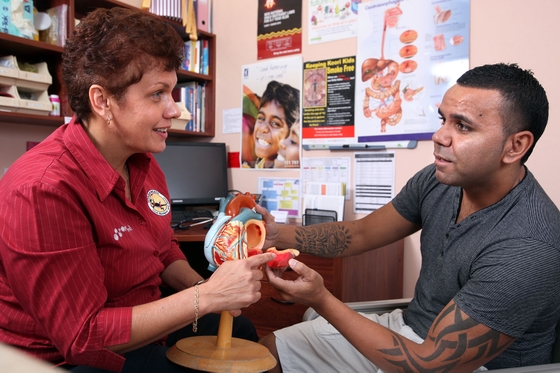Understanding our DNA to identify new drug targets to prevent heart disease and fatty liver disease
/
Understanding our DNA to identify new drug targets to prevent heart disease and fatty liver disease
Associate Professor Anna Calkin, Baker Heart and Diabetes Institute
2021 Future Leader Fellowship
Years funded: 2022-2025
Diet and lifestyle play an important role in the onset and development of heart disease and fatty liver disease, and it is now recognised that ‘family history’ (genes) also plays an important role. This research looks to identify the genes that contribute to risk of developing these diseases. This knowledge can then be utilised to identify drug targets to reduce the burden of these conditions.
In this project, Associate Professor Anna Calkin will determine which genes are important for:
(i) your risk of having a heart attack,
(ii) improving heart health following exercise,
(iii) reducing blood fat levels and
(iv) developing fatty liver disease.
Based on these findings, Associate Professor Anna Calkin will then test new therapeutic strategies to improve heart and liver health, and determine who will most benefit from them. These studies have significant implications given that 48 individuals die from heart disease everyday and 6 million Australians have fatty liver disease, highlighting the fact that new and better therapies are needed to reduce this burden.
You might also be interested in...

A new way to regulate blood and liver fats
A new way to regulate blood and liver fats

First Nations heart health
More First Nations people are impacted by cardiovascular (CVD) than other Australians.

Cardiac arrest at 26: adjusting to a new ‘normal’
At 26, Tom was the fittest he'd ever been, but a near-fatal cardiac arrest turned his life upside down.
Last updated12 March 2024